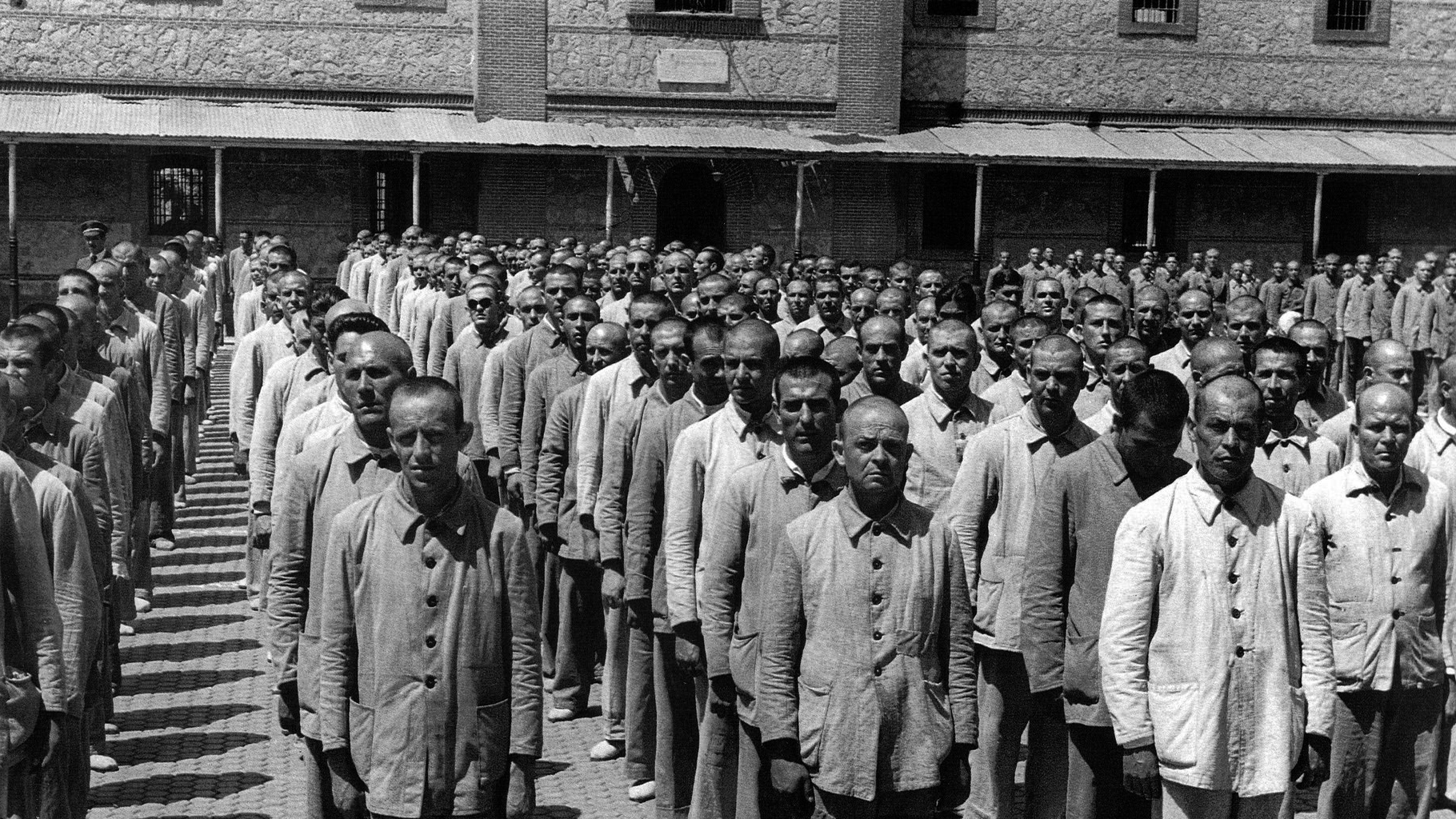
Synopsis
After the success of Franco´s Settlers, their first encounter with Franco’s dictatorship, filmmakers Dietmar Post and Lucía Palacios now tackle one of the most undisclosed chapters of European history: the allegedly organized extermination that took place in Spain under General Franco’s fascist dictatorship between 1936 and 1975 after he established his power with the help of Germany, Italy and Portugal. To this day no one has been prosecuted for the regime’s systematic atrocities; victims haven’t been rehabilitated. Over 100,000 people are still missing.
After a Spanish judge´s attempt to accuse Franco and his generals for crimes against humanity failed in 2010, Franco’s victims filed a complaint in Buenos Aires, known as “Querella Argentina”. Now for the first time, an Argentinian investigating judge, María Servini, has issued 24 international arrest warrants against high-ranking representatives of the Franco dictatorship. The filmmakers accompany her as she tries to initiate court proceedings against the accused, proving that a reappraisal of Spain’s darkest chapter is long overdue.
Franco on Trial debates specific crime cases presented in the Argentinean Lawsuit. By interweaving never-before-seen archival material with current footage and by delivering a historical contextualization of each case the film itself demonstrates new evidence. In one of the key scenes, the film creates a sense of the impending lawsuit’s actuality when one of the suspected perpetrators is confronted directly with the accusations by the plaintiff, the investigating judge and the plaintiff’s lawyer.
The film has been in the works for over 8 years. During that time the directors managed to gain access to people from both sides of the conflict, including the daughter of a general in the 1936 coup who still counts a silver-framed portrait and personal present of German Nazi-leader Hermann Goering among her possessions.
Franco on Trial reveals an almost forgotten part of 20th century European history and raises the question: Will the so-called “Argentinian Complaint” become a Spanish Nuremberg?
Shadows of the past
Available as VOD here
Synopsis
The event “Shadows of the Past – Franco’s Heritage in Spain” took place on October 28th 2012 in Berlin at the famous Babylon Cinema and was organized by play loud! productions, The Friedrich Ebert Foundation, The Cervantes Institute and The German Association of Spanish Teachers.
The event was divided into two parts:
1) Unique preview of the documentary “Franco’s Settlers”. The film portraits the small town Llanos del Caudillo (The High Plains of the Führer) as if we were looking through a magnifying glass, reviewing the Spanish history since Franco took power until the present days. “Franco’s Settlers” is a contemporary evaluation of the figure of the dictator Franco; a discreet and calm attempt to dissect recent Spanish history and to review how some Spaniards deal with the cruel heritage of their past.
The presentation of the film was strictly limited to guests invited by the above organizations and by no means a premiere because the film is not fully completed yet due to the lack of financing. The film got standing ovations and excellent press reviews.
Read a few here:
“The screening provoked a spontaneous ovation to honor a rigorous and humorous film”.
Enrique Müller (El País)
“Franco’s Settlers could be a very important contribution to how Spain deals with its dictatorship”.
Andreas Fanizadeh (Die Tageszeitung)
“Rarely a movie has been so much in sync with its times.
Franco’s Settlers puts the finger on the sore spot.”
Rafael Poch (La Vanguardia)
“A rigorous and emotional film. History told from the ground up.
The film has to win the GOYA AWARD.”
Sergi Doladé (Director of Medimed)
2) Round table with:
Felipe González (Spanish prime minister between 1982-1996)
Emilio Silva (President of the Association for the Recovery of Historic Memory)
Carlos Castresana (Spanish Supreme Court Prosecutor)
Fernando Suárez (former minister under Franco and member of the conservative Spanish People’s Party) was also invited but refused to attend, arguing that he could not accept that the organizers considered that Franco came to power by a violent coup d’état. His full explanation can be seen in the film above.
The above mentioned guests discussed about the importance of the issue of dealing with the past for the national policy in Spain:
How much of historic memory is necessary to build the present and the future in Spain?
What kind of traces of Francoism are left in Spanish society?
Can we still say that the Spanish process of democratization after Franco’s death was exemplary?
During the debate the three participants on various occasions referred directly to the film:
“Franco´s Settlers is an exact x-ray of current Spain.”
Emilio Silva
“This documentary film will surprise many people in Spain.”
Felipe González
“I invite the filmmakers to Strasbourg to show it to the court as evidence.”
Carlos Castresana

